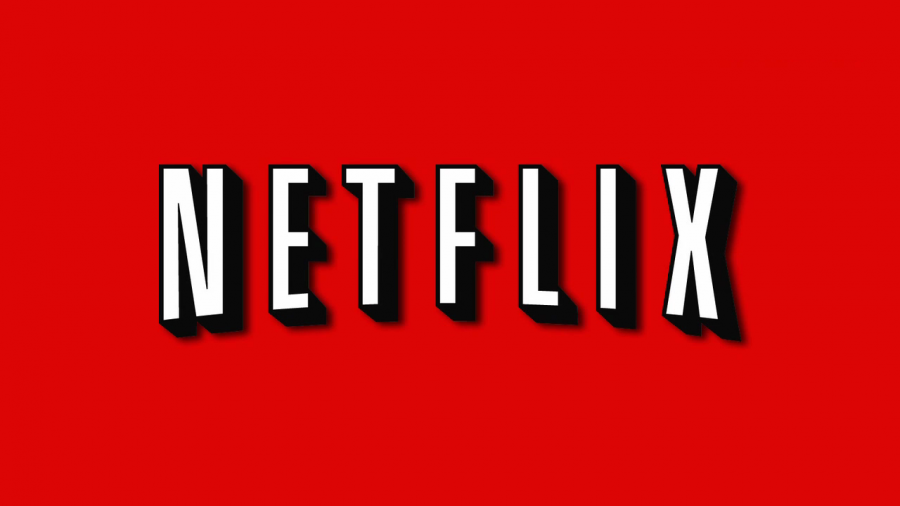Battle of the Bans
March 15, 2017
Earlier last year, Netflix and Snapchat were banned from the Nazareth wifi, joined this year with a ban on Spotify. Most recently, Instagram, Twitter and ESPN were added to the list of blocked sites. This caused outrage among many students, but the reasoning behind the bans is in fact much more complex than just stopping students from being distracted by these applications.
“I would say that there are three parts” said Nazareth principal Deborah Tracy, “it slows the wifi for other people, I would say that it is definitely a distraction, and the financial burden comes back to the school.”
In fact, money is a big part of it, as Nazareth has recently expanded to the new Walsh building and also needs to get wifi to the pods where many classes are being held while the M building is under construction. “We’re in the process of expanding our capabilities because we’re expanding our space with the new building,” Tracy elaborated, “and every time you reach certain thresholds with your usage you need to spend more money to go to the next level.” Tracy continued that while students may choose to continue using these social media websites on their own unlimited data and it may continue to be a distraction for many, it was “a double whammy to say and then, Nazareth you pay for it.”
However, many students were upset when they tried to log on to their Spotify during study hall earlier this year and found it to be blocked. Maddy Schierl, a senior at Nazareth Academy, said that she always listens to music while doing homework, and said, “It definitely has value in helping me to focus and also in combating stress. Music calms the part of my brain that’s trying to think about all the craziness going on in my life, allowing me to focus on the task at hand.” In fact, many studies have been done to support the benefits of listening to music while working, as it helps the brain to sustain attention. Schierl emphasized how the banning of Spotify has been an inconvenience and how “banning Spotify hasn’t stopped students from listening to music, it has just made it unnecessarily difficult to do so.”
It seems, however, that the problem with applications like Spotify is not the distraction, but the streaming, as streaming has the biggest strain on Nazareth’s wifi system. This leaves the administration in a difficult situation, as Tracy said, “We have to weigh the pros and cons of not wanting to make it like a punishment and yet it is an educational institution and a teacher and student should be able to…log on and do what you need to do and not be dragged down because we have a whole segment of the population streaming video.”
Overall, the issue of blocking different social media sites is much more complex than just minimizing distractions for students. Additionally, the most recent blocking of Instagram, Twitter and ESPN is only instituted from 8-3 each day, so, as Tracy put it “if you’re here before or after school, we aren’t trying to make this a prison of your ability to relate with others on social media.”

